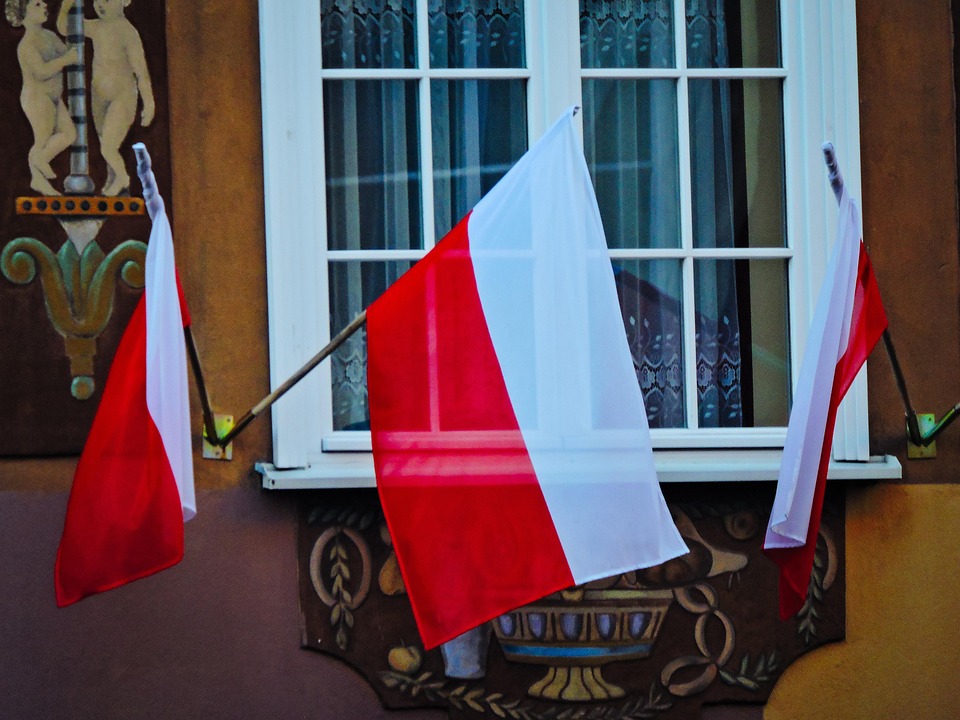Úgy tűnik, a lengyelek továbbra sem engednek Brüsszel nyomásának.
A lengyel elnök nyíltan kijelentette, hogy nem járul hozzá a migrációs paktum végrehajtásához, ezzel pedig újabb komoly vitát indított el az Európai Unión belül. A döntésről a miniszterelnök tájékoztatta a közvéleményt saját közösségi oldalán.
Mi is az a migrációs paktum?
A migrációs paktum az Európai Unió új terve, amely szerint a tagállamoknak kötelezően részt kellene venniük a menedékkérők befogadásában – vagy ha ezt megtagadják, pénzügyi hozzájárulást kellene fizetniük a közös rendszerbe.
Lengyelország – Magyarországhoz hasonlóan – élesen elutasítja ezt a megoldást. A varsói kormány szerint a brüsszeli javaslat a nemzeti szuverenitás újabb megsértése, és a döntés nem szolgálja a lengyel emberek biztonságát.
Mit mondott a lengyel elnök?
A lengyel államfő egyértelműen fogalmazott:
„Lengyelország nem fogad el olyan döntést, amely Brüsszel diktátuma alapján kényszerítené a migránsok befogadását.”
Hozzátette, hogy a lengyel kormány a saját határainak védelmére koncentrál, nem pedig az uniós kvóták teljesítésére. A döntés a közösségi médiában óriási visszhangot váltott ki – sokan támogatják az elnök álláspontját, mások viszont attól tartanak, hogy Varsó ezzel tovább feszíti a viszonyt az EU-val.
Új törésvonal az EU-ban
A migrációs kérdés újra megosztotta Európát. Míg a nyugat-európai országok – például Németország vagy Franciaország – a közös felelősségvállalást hangsúlyozzák, addig Lengyelország, Magyarország, Szlovákia és más közép-európai államok az önálló határvédelem fontosságát emelik ki.
Lengyelország döntése most komoly precedenst teremthet: ha az elnök hivatalosan is megtagadja a paktum végrehajtását, az egész uniós rendszer működése megkérdőjeleződhet.
Mit jelent ez a gyakorlatban?
A lengyel döntés nemcsak politikai üzenet, hanem konkrét intézkedések elutasítása is.
Ez azt jelenti, hogy:
- Lengyelország nem fog migránsokat áthelyezni vagy befogadni más uniós tagállamokból,
- nem fizet be a közös migrációs alapba,
- és nem vesz részt a kvóták szerinti elosztási rendszerben.
Ezzel Varsó egyre közelebb kerül a magyar állásponthoz, amely szintén elutasítja a kötelező betelepítési rendszert.
Brüsszel reagálása
Az Európai Bizottság szóvivője szerint az EU „minden tagállamtól elvárja a jogszabályok betartását”, ugyanakkor jelezte, hogy a párbeszéd nyitott. A háttérben azonban egyértelmű, hogy nagy a feszültség: a paktum végrehajtása a következő hónapok egyik legnagyobb politikai vitája lesz.
Van véleményed? – Írd meg kommentben!
Egyetértesz a lengyel elnökkel, vagy Brüsszelnek van igaza?

